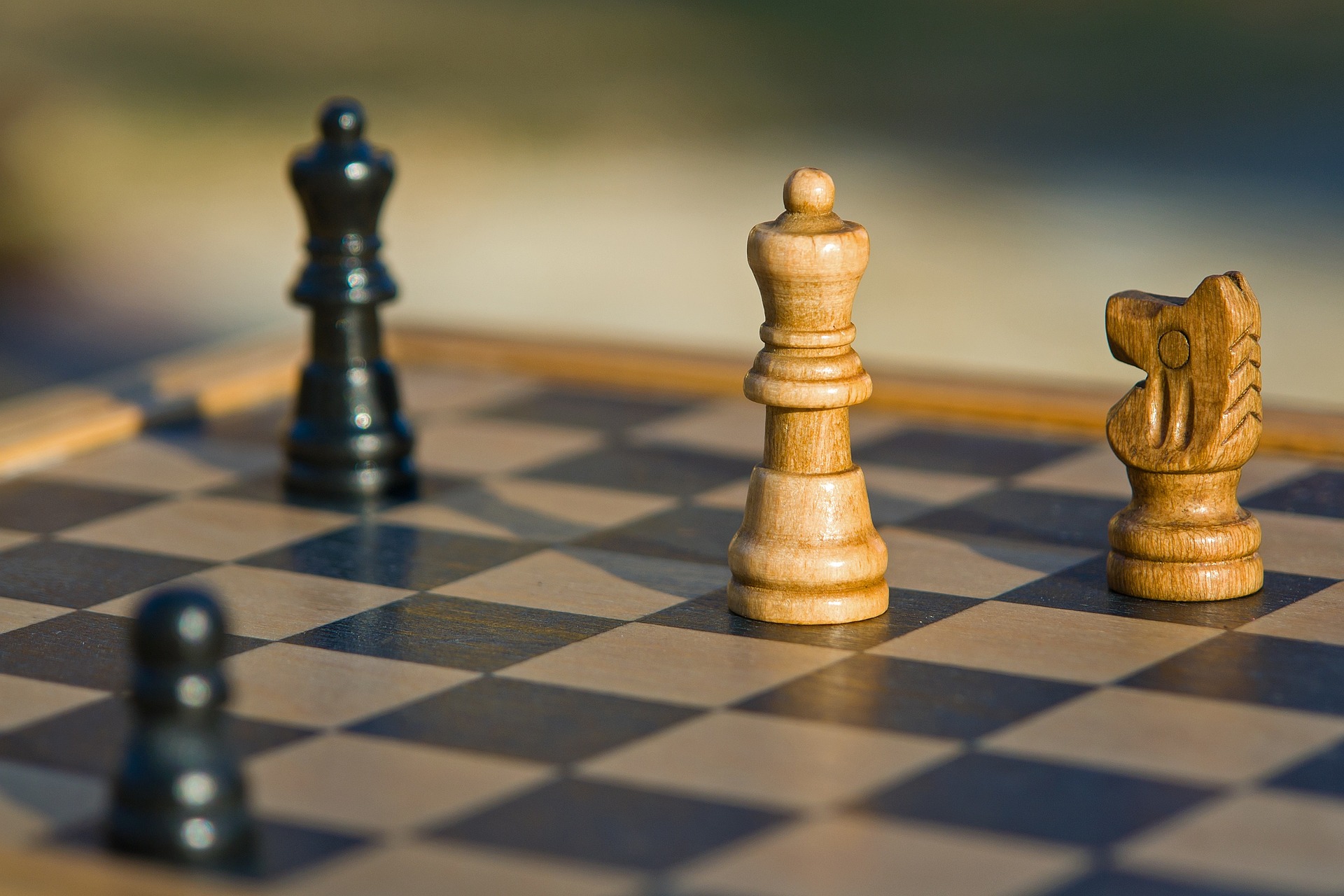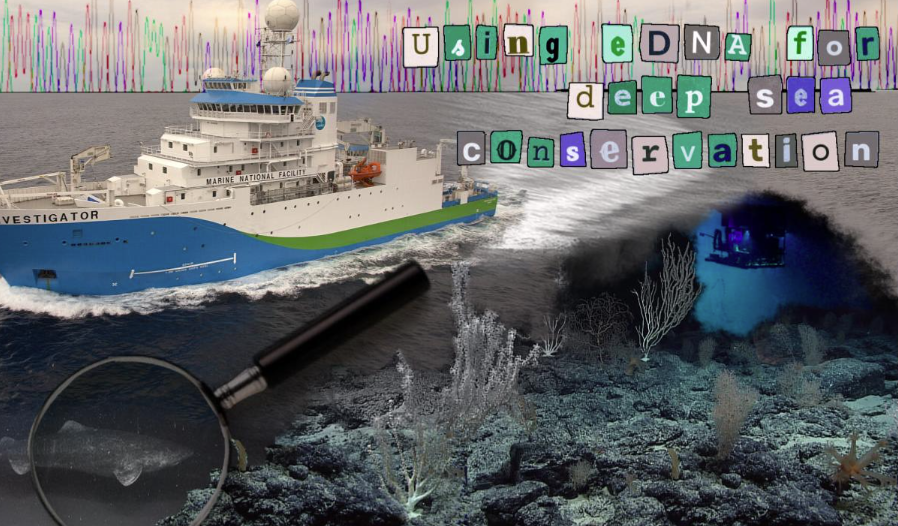By Hemlata Pant
Year 11, Colston`s Girls’ School
Hemlata Pant is the Year 10-11 category winner of the Michaelmas Term 2022 Schools Science Writing Competition, writing under the theme of ‘To what extent are the Humanities important to scientists?’ You can read more about our category winners and runners-up here.
Long ago, the inventor of chess once won a match against a great king. Impressed, the king offered the victor any reward of his choice—to which the inventor simply asked for the king to place one grain of rice on each chess square, starting with the first square, and double the amount of grains as you went along the whole board.
The king, a man of his word, complied, believing this to be a small ask. He started placing the grains on the board: 1 grain on the first square, 2 on the second, 4 on the third, 8 on the fourth and so on and quickly realised the substantial sum of rice grains.
By the twentieth square, he was one million rice grains in debt, had he reached the 64th square he would’ve owed exactly 18,446,744,073,709,551,615 grains of rice (that’s eighteen quintillion, four hundred forty-six quadrillion, seven hundred forty-four trillion, seventy-three billion, seven hundred nine million, five hundred fifty-one thousand, six hundred and fifteen or over 1.4 trillion metric tons).
The inventor understood exponential growth, the king did not. The inventor, of course, was promptly ordered to death.
Instead of AI, time travel or space civilisations, I chose to begin with this story. Why?
To predict the situation of science half a century to come, it’s best to begin with narrating the situation of science half a century ago. As my grandparents watched Neil Armstrong take a giant leap for mankind, the computer NASA used to launch him there is calculated to have 100,000 times less processing power than the smartphone in my pocket now.
At the time, globally, men’s life expectancy was around 54 years—now, it’s 72.
Medicine, astronomy, botany, psychology, microbiology: you name the field, we’ve accelerated our knowledge in it across the last 50 years. And we’re not about to stop anytime soon. Exponential growth strikes again.
Back to the grains of rice: if NASA’s best computer 50 years ago is weaker than the tiny gadgets almost everyone now owns, what’s to come in the next 50 years? The number of grains of rice only grows exponentially.
Rightfully, science has been utilised in the past for humanity’s survival: preventing diseases with vaccines, modifying crops to prevent famine, and building transport to get access to safe water.
With the quality of human life globally increasing day by day, it’s no stretch of the imagination to assume that within the next 50 years human needs will be met, unwanted tasks automated, leaving more minds free to simply ruminate and experiment. In the next 50 years, science will be wholly dedicated to human curiosity.
As I see it, the soul of science is joy. Science exists for joy; the sheer joy of knowing and curiosity sent humans to space and it will continue to exhibit marvels. As long as humans exist, curiosity will exist.
These goals of curing ageing, eradicating disease, even forming a successful theory of everything which marries general relativity and quantum mechanics or explaining consciousness will be worked towards. And someday reached.
Imagine the technologies of today amplified with data processing with 100,000 times more power. As we manipulate augmented reality on screens now, we may manipulate augmented reality off-screen. We might have complete knowledge of the health status of each and every cell in our bodies, we might have the capability to speak and process dozens of languages at a time, we might be able to communicate to a different planet with simply our mental effort. The possibilities are endless.
What started with one puny grain on the first square ended up with 18,446,744,073,709,551,615 by the end of a 64 square chessboard.
Humanity’s chessboard is unlimited.





